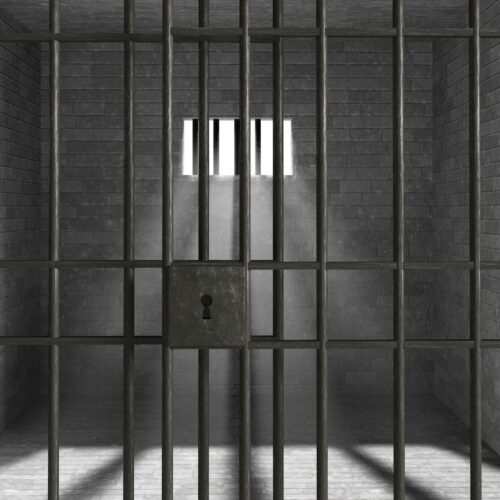
An Update from Three Justice Reinvestment States: Alabama, Nebraska and Washington
The CSG Justice Center launched Justice Reinvestment projects in several states earlier this year. Here’s an update on the work that is being done:
The Alabama Prison Reform Task Force met last month to discuss the CSG Justice Center’s analysis of the state’s prison system. Members learned that though the state is arresting fewer people, its judges are sending fewer people to prison, and the length of average sentences is dropping, Alabama’s prisons are still operating at nearly twice their capacity.
Key reasons for the seeming dissonance, according to CSG Justice Center Research Manager Andrew Barbee, whose team has been examining the state’s criminal justice statistics since June, are that Alabama’s parole rate has fallen; an incarcerated person’s average length of stay has risen from 30 months in FY2009 to 43 months in FY2014; and a large percentage of people in Alabama’s prisons are returnees, incarcerated again after violating the terms of their parole or probation. The task force plans to meet again in December and develop legislation (for introduction next year) addressing the issues delineated in the CSG Justice Center’s presentation. Learn more from local news coverage in The Birmingham News and The Montgomery Advertiser.
Crime in Nebraska is down 20 percent over the past decade, but the state’s inmate population is up 17 percent. Why? A CSG Justice Center team led by Program Director Marc Pelka presented some answers in a report showing that Nebraska’s prison system, which houses 5,130 people in facilities designed for 3,275, could significantly reduce overcrowding by sentencing more people convicted of nonviolent felonies to probation and also finding alternatives to incarceration for people who would otherwise be sentenced to less than a year in prison or jail. Approximately one-third of Nebraska’s prison admissions are individuals sentenced to a year or less. Such admissions have increased by 30 percent over the past decade.
The Nebraska Justice Reinvestment Working Group, chaired by Gov. Dave Heineman, Speaker Greg Adams, and Chief Justice Mike Heavican, will now develop a state plan based in part on the report’s findings and recommendations.
Washington’s prison system is currently operating over capacity and growing: trends suggest the state will need to create space for 1,400 new people by 2024. Overall crime in Washington, however, is down 10 percent since 1990. A CSG Justice Center report—based on an analysis of 16 million state records, and presented to Washington’s Justice Reinvestment Task Force in early September—noted that a third of people in Washington prisons were there for committing lower-level offenses. People convicted of a felony in Washington, as opposed to other states, are significantly more likely to be sentenced to spend time in jail or prison rather than under probation-like supervision.
Marshall Clement, the CSG Justice Center’s director of State Initiatives, said that rather than burden the state with the cost of building more prisons, other strategies could be equally effective for Washington and would also help curb recidivism.
This project was supported by Grant No. 2013-ZB-BX-K002 awarded by the Bureau of Justice Assistance. The Bureau of Justice Assistance is a component of the Department of Justice’s Office of Justice Programs, which also includes the Bureau of Justice Statistics, the National Institute of Justice, the Office of Juvenile Justice and Delinquency Prevention, the Office for Victims of Crime, and the SMART Office. Points of view or opinions in this document are those of the author and do not necessarily represent the official position or policies of the U.S. Department of Justice.
 Vermont Executive Working Group Hears Recommendations on How to Improve Domestic Violence Responses
Read More
Vermont Executive Working Group Hears Recommendations on How to Improve Domestic Violence Responses
Read More
 New Hampshire Governor’s Commission Reviews Justice Reinvestment Initiative Data Analysis and Proposed Policy Recommendations
New Hampshire Governor’s Commission Reviews Justice Reinvestment Initiative Data Analysis and Proposed Policy Recommendations
On April 6, 2023, the New Hampshire Governor’s Advisory Commission on Mental…
Read More Explainer: Minnesota’s Justice Reinvestment Legislation Results in $43.6 Million Annual Increase in Community Supervision System
Read More
Explainer: Minnesota’s Justice Reinvestment Legislation Results in $43.6 Million Annual Increase in Community Supervision System
Read More
 Biden Signs Six-Bill Spending Package Funding Key Criminal Justice Programs
Biden Signs Six-Bill Spending Package Funding Key Criminal Justice Programs
On March 9, 2024, President Joe Biden signed a $460 billion spending…
Read More











